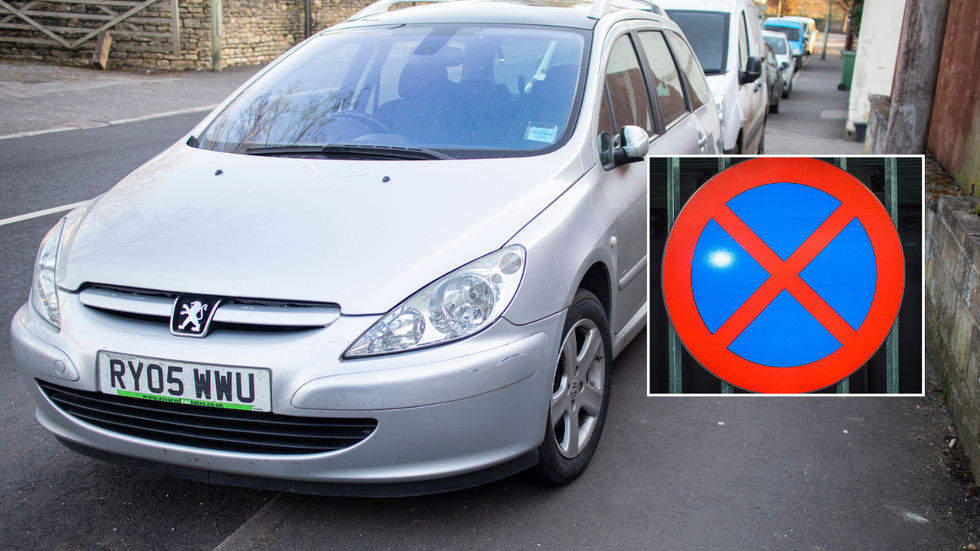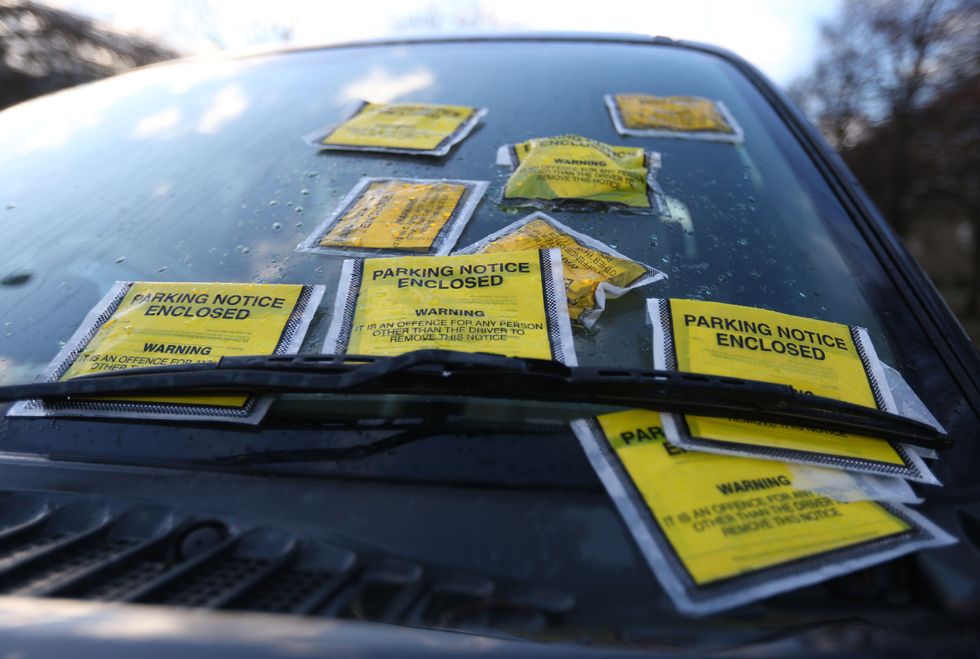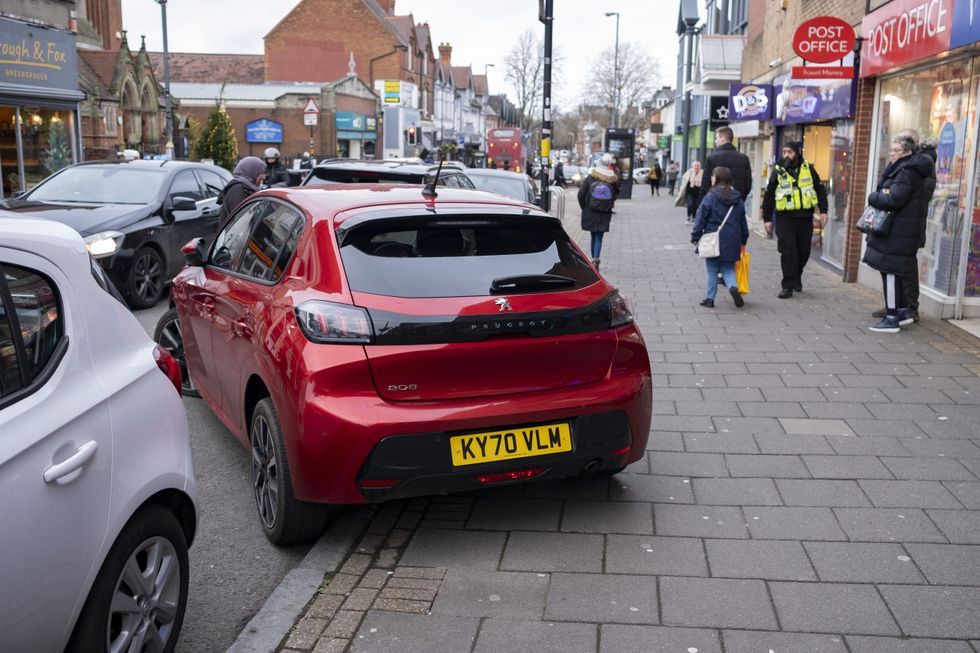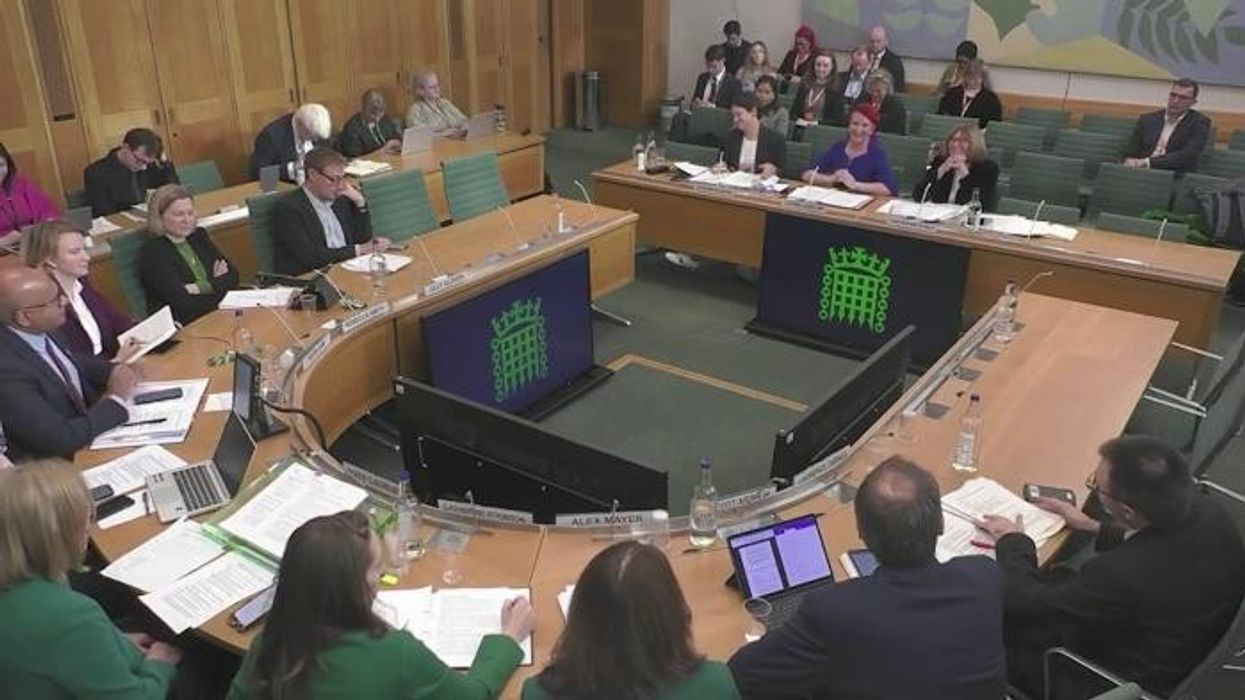Millions of drivers support national pavement parking ban as motorists warned of £100 penalties

Motorists have shown support towards a nationwide pavement parking ban
Don't Miss
Most Read
More than two in three drivers have shown support for a nationwide pavement parking ban, which could see millions face new penalties.
It comes after new research has revealed that 68 per cent of Britons believe pavement parking should be banned across the UK.
Pavement parking is currently only prohibited across London and Scotland, with the rest of the UK facing different rules.
Under the restrictions, drivers who are caught parking on the pavement in enforcement areas can receive a fine of up to £130 in London and £100 in Scotland.
Do you have a story you'd like to share? Get in touch by emailing motoring@gbnews.uk

Reports have revealed widespread support for national pavement parking bans
| GETTY/PAAccording to fresh data, despite pavement parking being illegal in London since 1974, one in five drivers was found to be unaware of the rules.
Earlier this year, the Highway Code was updated to include new rules for pavement parking, which has become an offence across several Scottish regions since 2023.
The Transport (Scotland) Act 2019 bans pavement parking, double parking and parking at dropped kerbs, with certain exemptions in place for emergency services.
The law became effective in December 2023, with local authorities now having the power to begin enforcing the law throughout the country.

Drivers can be fined £130 for pavement parking in London and £100 in Scotland
| PASo far, major cities across Scotland have begun enforcing the ban, including Edinburgh, Glasgow and Aberdeen. The next region to introduce the ban will be across East Dunbartonshire, with the local authority launching the rules from September 1.
Councillor Paul Ferretti said: "Many people face daily difficulties with pavement parking. It is dangerous and frustrating, especially for those with impairments or limited mobility and with mental health challenges.
"Pavement parking has serious consequences and can force people to take unnecessary risks. It can force people using wheelchairs, guide dogs or pushing buggies onto the road, putting their safety at risk."
In April, the Highway Code amended its rules to reflect the changes, with Rule 244 stating that outside of restricted areas, drivers should not park on the pavement unless a sign permits it, with the advisory measure not backed up by any legislation.
LATEST DEVELOPMENTS:
- Motorists warned of sweeping road traffic rule changes as new laws could introduce £1,000 fine
- Vauxhall owner Stellantis to make 'tough decisions' months after closing Luton factory and axing 1,100 jobs
- Motorists face premium hikes of £1,000 and 'automatic' driving ban for road offences - 'Nowhere to hide'
Rule 243 of the Highway Code was also amended it stating that drivers must not leave their vehicles in a dangerous position or where they cause any unnecessary obstruction of the road. This rule can be enforced and may result in a fixed penalty notice.
The updated Code states: "You MUST NOT park partially or wholly on the pavement in London or Scotland. Exceptions are allowed in limited circumstances. You should not park partially or wholly on the pavement elsewhere unless signs permit it."
It warned that parking on the pavement can obstruct and "seriously inconvenience" pedestrians, people in wheelchairs or with visual impairments and people with prams or pushchairs.
Ian Wilson, managing director and car insurance expert at Tiger.co.uk, explained that pavement parking can be incredibly dangerous for pedestrians, "especially those with mobility issues or young children in prams".
 Pavement parking is currently illegal in London and parts of Scotland | GETTY
Pavement parking is currently illegal in London and parts of Scotland | GETTYWith research showing a majority support for new enforcement, the expert warned that there is "substantial concern" around pavement parking.
He said: "There also seems to be confusion around the current laws, with one in five respondents saying they didn’t know pavement parking is already illegal in London and Scotland."
Wilson explained that the UK needs stricter and more consistent laws across the country to produce a more "unified approach" to this road safety issue.
The expert suggested that having increased awareness and larger fines for drivers who violate the parking laws "could improve road safety dramatically".











